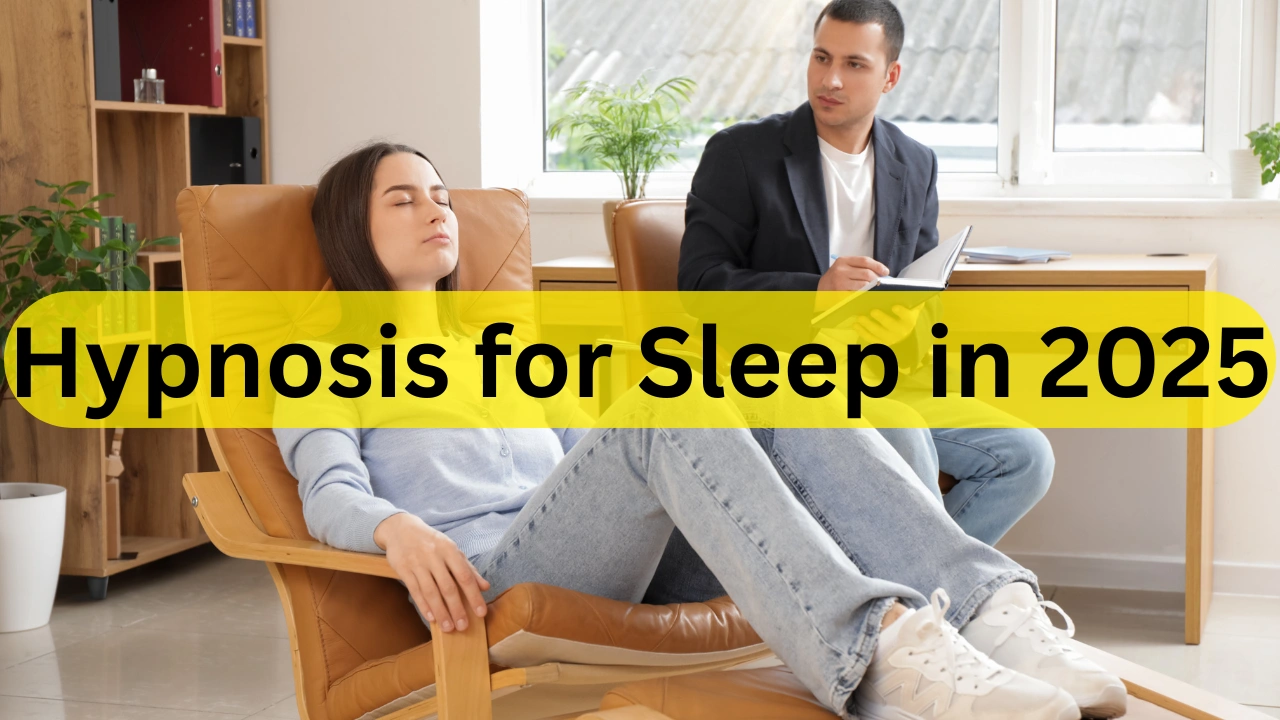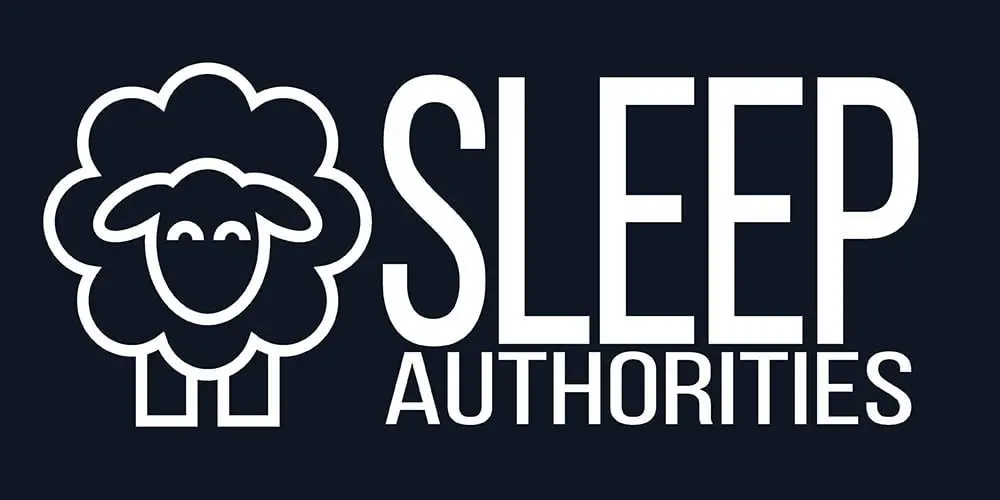Sleep disorders are more common than ever, and many people are turning to non-medication solutions for better rest. One increasingly popular option is hypnosis. But can a technique often linked to stage performances or mysterious therapies really help with sleep? In this article, we explore the real science behind hypnotherapy, how it interacts with the brain, and what the latest research says about its effectiveness for those with insomnia or trouble falling asleep.
Let’s take a closer look at how hypnosis actually works and what role it can play in a modern sleep routine.
What Is Hypnosis and How Does It Help With Sleep?
Common Perceptions vs Reality
When most people hear the word “hypnosis,” they imagine spinning wheels or someone being put into a trance by a swinging stopwatch. But clinical hypnosis is a legitimate technique used in healthcare settings to help with pain, anxiety, PTSD, and even insomnia. It’s not about losing control — it’s about guided focus and deep relaxation.
Hypnotherapy and Smartphone Apps
You don’t need to visit a specialist to try sleep hypnosis. Many apps offer audio-based hypnotherapy with calming instructions, relaxing music, or guided meditations designed to ease you into sleep. YouTube also has a growing library of free hypnosis-for-sleep videos. Some people use these as part of a nightly routine.
How Hypnosis Works in the Brain
Studies show that hypnosis affects areas of the brain like the dorsal anterior cingulate cortex (dACC), which plays a role in attention and awareness. In highly hypnotizable individuals, this region shows different activity levels during hypnosis. The idea is that hypnosis helps narrow your focus and quiet mental noise, which is often the reason people struggle to sleep.
Is Hypnotherapy Scientifically Valid?
While hypnosis may sound like a wellness trend, it actually has a solid foundation in neuroscience and psychology. Researchers have explored how hypnotherapy works and why it seems to help some people more than others.

Who Is Hypnotizable?
Not everyone is equally responsive to hypnosis. Studies suggest that around 10–15% of people are highly hypnotizable, while another 20–25% respond minimally. Most fall somewhere in between. Those who are more open to suggestion and able to focus deeply tend to benefit more from guided hypnosis sessions.
Brain Scan Study Findings
Functional MRI (fMRI) studies show that hypnosis alters brain activity in specific regions:

- Dorsal anterior cingulate cortex (dACC): Affects attention and conflict processing
- Insula: Involved in emotional awareness
- Default mode network: Often deactivated during hypnosis, promoting relaxation and detachment from self-conscious thoughts
These changes suggest that hypnosis can shift the way the brain processes stimuli, which may explain why it helps with sleep and stress.
Effectiveness for Sleep, Anxiety, and PTSD
Clinical trials have found hypnotherapy to be effective in managing:
- Insomnia: Especially when combined with relaxation techniques
- Anxiety: Reduces racing thoughts and promotes calm
- PTSD: Helps reframe traumatic memories in a controlled environment
Although results vary between individuals, the growing evidence supports hypnosis as a useful tool in both clinical and home-based wellness settings.
Hypnosis in a Clinical Setting
While many people use sleep hypnosis at home, clinical hypnotherapy offers a more structured and personalized approach, especially for those with diagnosed sleep disorders or co-occurring mental health concerns.
When Sleep Disorders Link with Mental Health Issues
Sleep challenges like insomnia are often tied to underlying conditions such as anxiety, depression, or PTSD. Clinical hypnotherapy is sometimes used as a complementary treatment to:
- Reduce nighttime anxiety
- Calm overactive thoughts
- Support emotional regulation
Therapists may work in tandem with psychologists or sleep specialists to create a holistic plan.
What to Expect During Clinical Hypnotherapy
Sessions typically begin with a conversation about sleep issues, stress levels, and lifestyle. The hypnotherapist then guides you into a deeply relaxed state using verbal cues, visualizations, and breathing techniques.

You remain fully aware and in control during the session, but highly focused—similar to a deep meditative state. Once relaxed, the therapist introduces suggestions aimed at:
- Letting go of tension
- Reframing negative thought loops
- Encouraging restful sleep habits
Sessions usually last 30 to 60 minutes, and several visits may be needed for lasting results.
Potential Side Effects of Hypnotherapy
Hypnotherapy is considered safe for most people. However, mild side effects may include:
- Emotional release or tiredness after a session
- Vivid dreams
- Temporary discomfort if traumatic memories are addressed
It is not recommended for individuals with severe psychiatric disorders unless under medical supervision.
For those open to mind-body therapies, clinical hypnotherapy may be a valuable tool in managing both mental health and sleep wellness.
How to Choose a Qualified Hypnotherapist
If you’re considering professional hypnotherapy for sleep issues, choosing the right practitioner is essential for both safety and results. Not all providers are equally trained or certified.
Licensure and Certification Requirements
Always verify that your hypnotherapist is licensed in a relevant healthcare field, such as psychology, counseling, or social work. Certification in hypnotherapy alone—without a background in mental health—may not be enough if you’re seeking treatment for clinical concerns.
Look for qualifications such as:
- Licensed mental health professional (LCSW, LPC, PhD, PsyD)
- Additional training in hypnosis from a recognized institution
Trusted Certification Bodies (ASCH & SCEH)
Two of the most respected certifying organizations in the United States are:
- ASCH – American Society of Clinical Hypnosis
- SCEH – Society for Clinical and Experimental Hypnosis
These groups set high standards for training and ethics. You can search their directories to find vetted providers in your area.
What to Ask Before Starting Therapy
Before your first session, ask potential hypnotherapists:
- What is your professional background?
- Are you licensed in mental health or medicine?
- What training do you have in clinical hypnosis?
- How do you structure sessions for sleep problems?
- How many sessions do you typically recommend?
A qualified hypnotherapist will welcome your questions and offer a clear treatment approach. Doing your homework up front helps ensure your experience is safe, respectful, and effective.
Alternatives to Hypnotherapy for Sleep
While hypnosis can be an effective sleep aid for many, it’s not the only option. Other science-backed treatments can provide equal or even greater results, especially for those with chronic insomnia or co-occurring mental health conditions.
Cognitive Behavioral Therapy (CBT and CBT-I)
Cognitive Behavioral Therapy (CBT) is widely considered the gold standard for treating insomnia without medication. The insomnia-specific version—CBT-I—focuses on:
- Identifying and replacing negative sleep thoughts
- Creating a consistent sleep schedule
- Managing stress and anxiety before bed
CBT-I can be done one-on-one, in groups, or through digital platforms like Sleepio or Somryst.
Benefits of Group Therapy for Insomnia
Group-based sleep therapy offers both psychological support and practical strategies. It can be especially effective for people who:
- Feel isolated due to their sleep problems
- Need motivation and accountability
- Learn well from shared experiences
Groups may be led by a therapist, coach, or trained facilitator.
Medication Like Zolpidem in Combination with CBT
For severe insomnia, medication may be helpful in the short term. Drugs like zolpidem (Ambien) or eszopiclone (Lunesta) can help with falling asleep faster.
However, sleep specialists often recommend using medications alongside CBT, not as a standalone solution. This combo addresses both the biological and behavioral sides of insomnia.
Exploring multiple options ensures a tailored approach that matches your unique sleep challenges and personal comfort level.
Final Thoughts: Should You Try Hypnosis for Sleep?
Sleep hypnosis isn’t a one-size-fits-all solution, but it can be a helpful, non-invasive tool in your overall sleep wellness toolkit. Understanding its purpose and how it works will help you decide if it’s a good fit for your needs.
Who Might Benefit Most
Hypnosis may be particularly effective for people who:
- Experience sleep issues rooted in anxiety or stress
- Struggle with overthinking at bedtime
- Prefer non-medicated solutions to improve sleep
- Are open to mindfulness and relaxation techniques
It’s also useful for those with chronic insomnia who have not found success with conventional treatments alone.
The Importance of Professional Guidance
While apps and recordings are great for starting out, consulting with a licensed hypnotherapist ensures a more personalized and safe experience. A qualified professional can:
- Tailor the session to your unique needs
- Monitor progress
- Address any underlying psychological concerns
In short, hypnosis for sleep can be a powerful support—especially when used alongside evidence-based therapies like CBT. With realistic expectations and the right guidance, many people find it a worthwhile and calming addition to their sleep routine.



